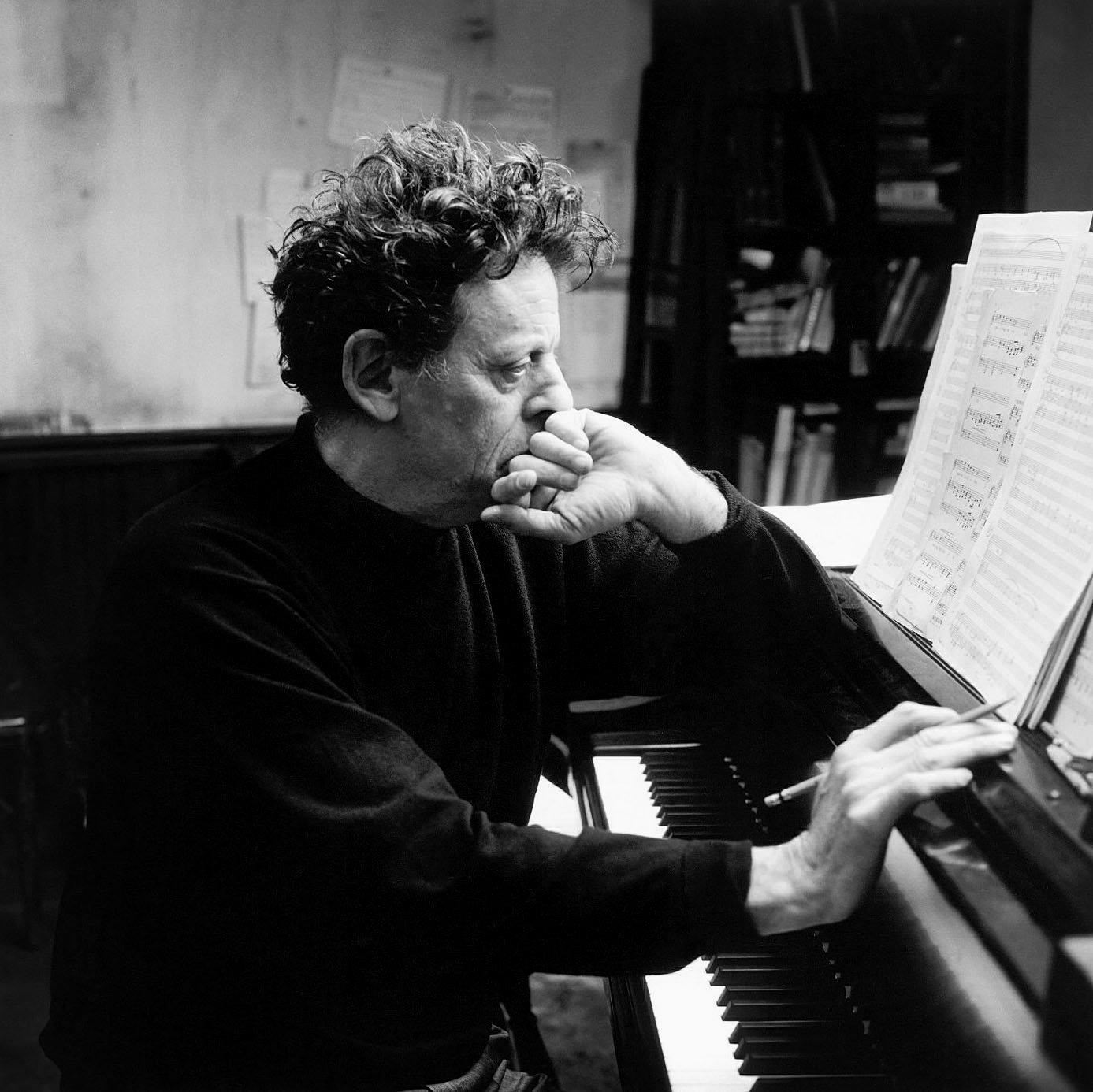Why Philip Glass was still driving a cab in his 30s
Composer Philip Glass in 2002.
In 1976 Philip Glass was an unknown composer — almost pushing 40, and driving a taxi to make ends meet — when he got his break: a new work performed at New York’s echt-prestigious Metropolitan Opera. “Einstein on the Beach” was directed by Robert Wilson, a key figure in the avant-garde; it was 4 ½ hours long, had no plot anybody could follow and drove a lot of listeners crazy. But almost overnight, it turned Glass into a household name.
More than four decades later, Glass is one of the most influential composers working today, with a huge body of symphonies, operas and chamber music; he redefined the sound of television advertising and movie scores. That work ethic has served him well. "I had to work so hard that I didn’t have any time to think about slowing down," Glass says.
Glass credits two teachers he had in the mid-1960s with shaping his signature sound: pianist and composer Nadia Boulanger, and the sitar player Ravi Shankar. "I was with them at the same time," he says. With Boulanger, Glass studied composition and harmony; he absorbed the binary rhythmic structure of Indian music from Shankar. "Instead of ones and zeros, [in Indian music] they use twos and threes," Glass says. “‘Einstein’ came ten years after I completed my studies with them, and I spent ten years developing a language which integrated this binary way of thinking with traditional harmony."
In 2011 Glass created a new opera about another visionary, this time a quintessential American: Walt Disney. It explores the "immortality of the art and mortality of the artist," but Glass doesn't want to whitewash Disney's life and legacy. "When we elevate our artists and geniuses beyond the human level we lose something. Opera, above all, is poetry."
Bonus Track: An extended conversation with Philip Glass
Highlights from the full conversation:
- 8:30 — “Einstein on the Beach”: Glass is surprised at how contemporary the work sounds. "If it hadn't been written 35 years ago, if someone turned up with that piece today, it would sound absolutely new."
- 15:30 — Nadia Boulanger and Ravi Shankar: In the mid-1960s, Glass studied with two legendary teachers of dramatically different styles, Nadia Boulanger and Ravi Shankar. "I often describe the experience of that year…was like having two angels on my shoulder, one in the right ear one in the left ear. One taught through love and one taught through fear."
- 17:58 — Familiarity breeds love: New musical and artistic ideas can be shocking, and Glass reflects that "the shock of a new language … can paralyze you at first; however, I had learned from my father actually, that familiarity can breed love."
- 21:30 — Influence of rock and roll: "My introduction to amplified music was through the Fillmore East, which was at that time on East 4th Street on 2nd Avenue," Glass remembers. "I walked in to hear the Jefferson Airplane, and it was literally a wall of speakers that went up to the ceiling, and it was a fantastic sound." Glass goes on to discuss Brian Eno, David Bowie and improvised vocal sessions of Beatles songs during New York City subway trips with fellow Juilliard composers. "There was a lot to be stimulated by in popular music."
- 32:46 — Walt Disney: Having written about Einstein and Gandhi, Glass wrote an opera based on the final days of Walt Disney, and the conflicts that Disney experienced in dealing with his own legacy. "One of the big themes is the immortality of art and the mortality of the artist."
